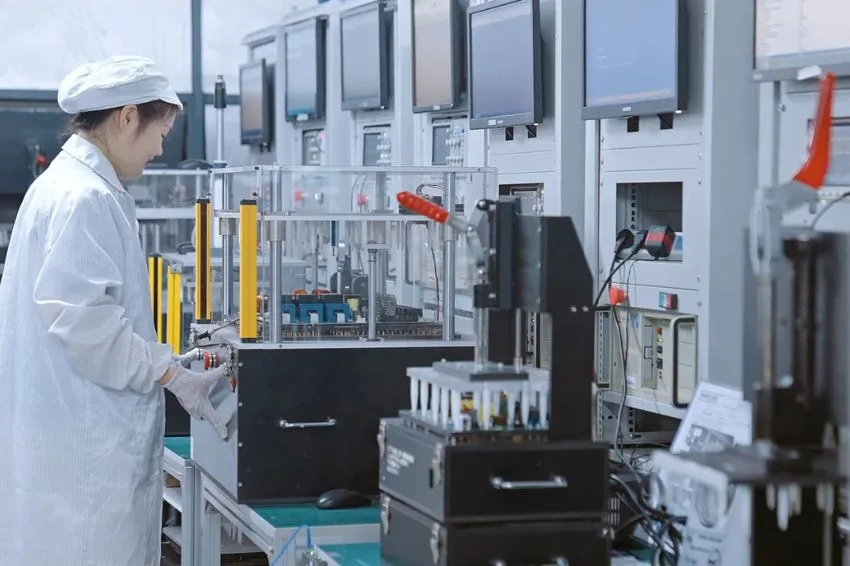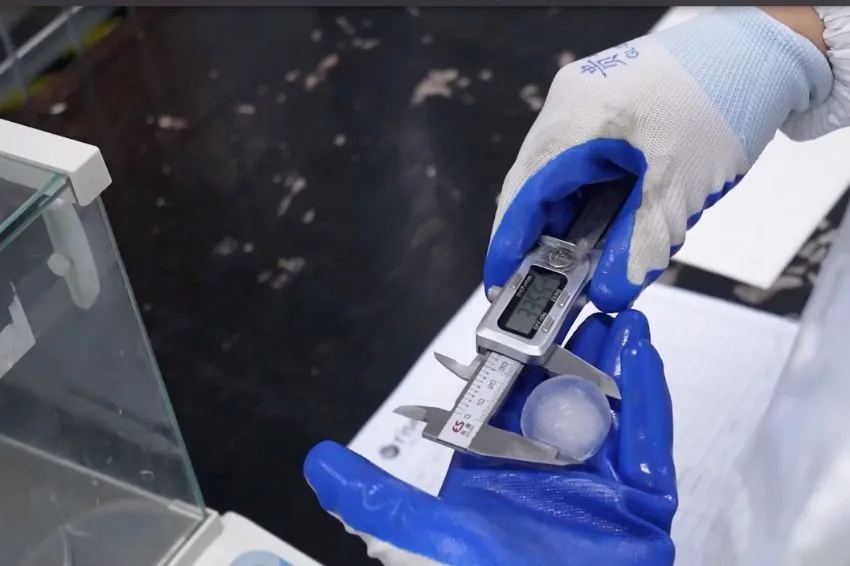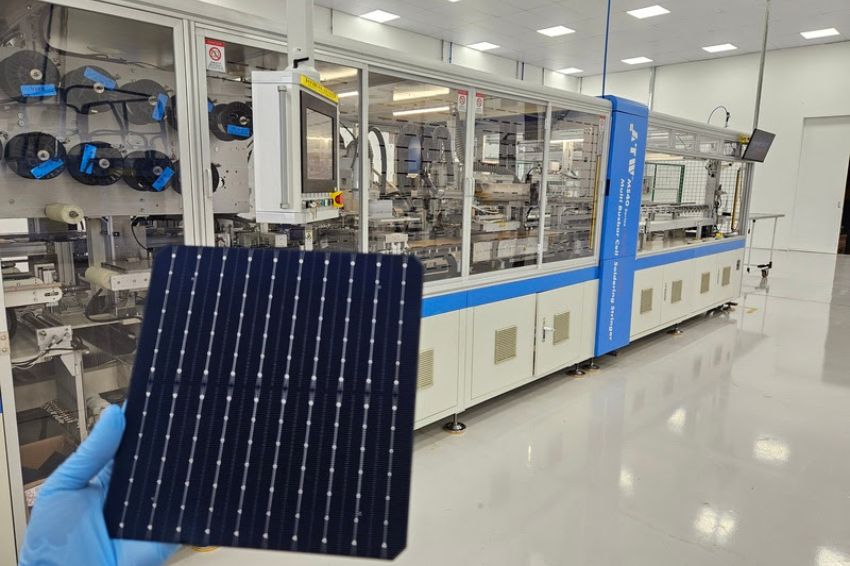A Shell Brazil, Raízen, Hytron, USP (University of São Paulo) and SENAI CETIQT signed a cooperation agreement for the development of renewable hydrogen production plants from ethanol.
The partnership focuses on validating the technology through the construction of two plants designed to produce 5 kg/h of hydrogen and, subsequently, the implementation of a plant 10 times larger, at 44.5 kg/h.
The agreement also includes a vehicle fueling station on the USP campus. One of the buses used by students and visitors will stop using diesel and traditional internal combustion engines and start using hydrogen produced from ethanol and engines equipped with fuel cells.
According to the companies, with the start of operations scheduled for 2023, the initiative appears as a low-carbon solution for heavy transport, including trucks and buses, with the first hydrogen ethanol station in Brazil and the world.
Furthermore, they emphasized that hydrogen from ethanol will be produced in an innovative way with the biofuel supplied by Raízen and the technology developed and manufactured by Hytron, with support from the SENAI Institute for Innovation in Biosynthetics and Fibers of SENAI CETIQT, with financing from Shell Brazil.
“We are excited to see that a project that started as a student dream within the university has now become a high-impact solution for the energy transition”, highlighted Marcelo Veneroso, CEO of Hytron.
Importance of renewable hydrogen
In the future, the companies highlighted that there is an expectation that H2 produced from renewable electrical energy, such as solar and wind, will play an important role in the decarbonization of several industrial and heavy transport sectors.
“However, transporting this product is complex, as it requires compression or liquefaction for storage in cylinders or trailers, making logistics more expensive,” they stated.
In this scenario, the production of hydrogen via ethanol conversion represents an advance in the availability of renewable fuels through a new technological route for the expansion of sustainable solutions.
“This initiative is a pioneer in the production of renewable hydrogen, on a large scale, from ethanol” summarized Julio Romano Meneghini, executive and scientific director of the Research Center for Greenhouse Gas Innovation (RCGI) at USP.
“The local, decentralized and low-investment production of renewable hydrogen through ethanol reforming is an interesting alternative for sectors such as heavy transport, which has a significant growth perspective in the use of this solution, whose availability and scalability are essential ”, pointed out Mateus Lopes, director of Energy Transition and Investments at Raízen.
“In addition to heavy transport, we are currently looking for partners who are interested in applying this technology to decarbonize other sectors”, he added. The company will, alongside Shell, be responsible for leading the development of the H2 market from ethanol.
Through this agreement for the production of green hydrogen, companies begin a new stage in the production of renewables, contributing to the decarbonization of the economy and expanding their product portfolios.
“The technology can be easily installed at conventional gas stations, which would not require changes to the distribution infrastructure, ensuring that hydrogen will be ready to fuel vehicles quickly and safely”, explained Alexandre Breda, Low Carbon Technology manager of Shell Brasil and deputy executive director of RCGI.
“The use of hydrogen is not restricted to the transport sector and will benefit other segments in the country, with regard to replacing fossil energy sources,” he stated.
The project will be financed by Shell Brasil, through the ANP Research and Development clause, with an investment of approximately R$ 50 million.
New Age
With the production of hydrogen from ethanol, partner companies and institutions begin a new stage in the production of renewable fuels, contributing to decarbonization not only in the transport sector, but also in the steel industry, mining and agribusiness.
“The trajectory of ethanol in Brazil began in the 1950s, but there was a great incentive between the 1980s and 2000s, when we reduced our dependence on gasoline”, reported Marcos Buckeridge, a researcher at RCGI, considered an international authority on bioenergy.
“Between 2000 and 2020 we started producing second generation ethanol and entered a second phase. Now, we must begin a new phase of this success story”, he emphasized.
For Carlos Gilberto Carlotti Junior, rector of USP, the university will become a large research laboratory in the area of renewable energy and sustainable development.
“In this project, we will study the energy viability of extracting hydrogen from ethanol and its use in circular buses and the solutions found can be transferred to our cities. It has been fundamental for USP to partner with companies that value scientific research as a means of social transformation”, he concluded.
















